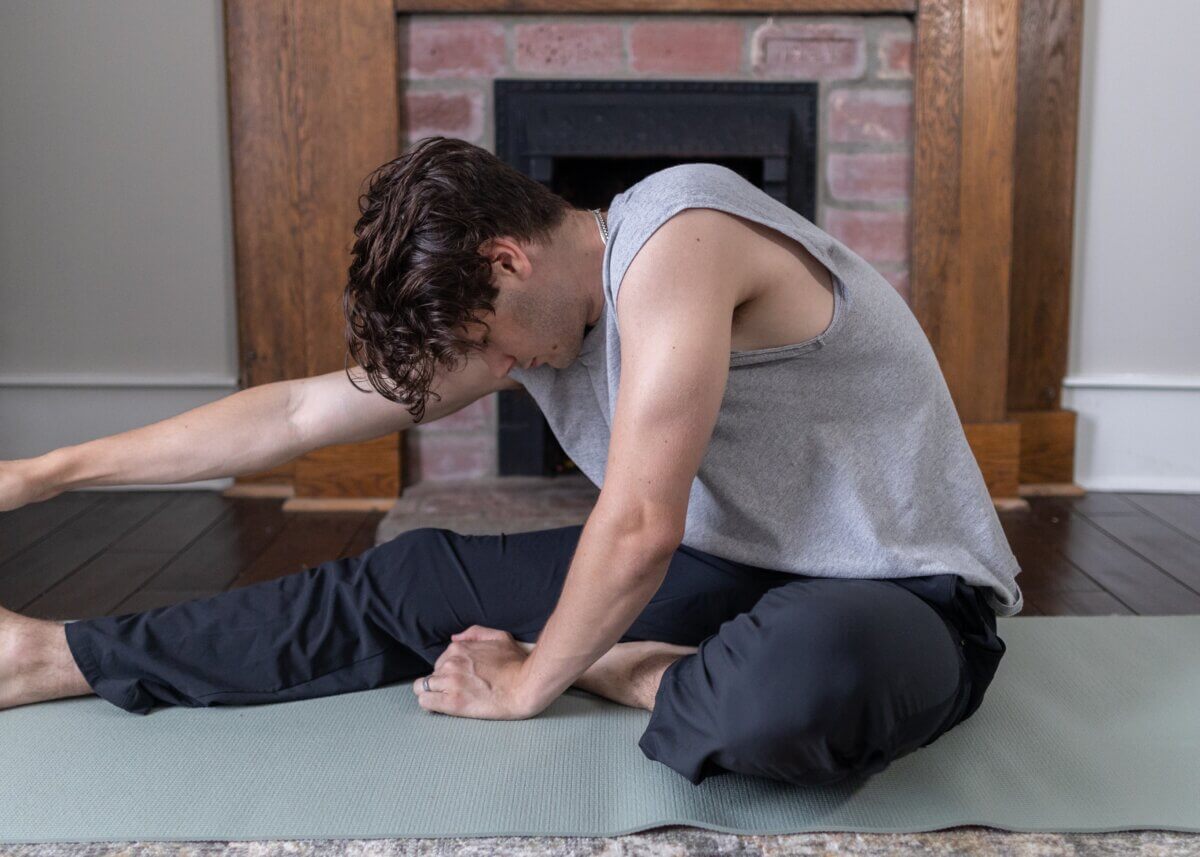Are you finding it difficult to get a good night's sleep? You're not alone. Many adults struggle to get a restful night's sleep. However, before resorting to sleep aids or prescription drugs, it's worth considering natural remedies. These proven non-pharmaceutical methods can significantly improve the quality of your sleep and provide a gentle and effective way to wake up each night.
Solution #1: Adopt sleep hygiene
Sleep hygiene isn't about cleanliness, it's about developing habits that promote good sleep. This includes setting a consistent sleep schedule, making your bedroom a sanctuary for rest (think cool, dark, and quiet), and avoiding stimulants like caffeine and screens near bedtime. This includes avoiding.
Establish a relaxing pre-bedtime routine, such as taking a warm bath or reading a book, to let your body know it's time to relax. Remember, consistency is key.
Remedy #2: Herbal helpers like chamomile and valerian root
Nature provides its own sleep aids. Famous for its calming properties, chamomile is more than just a calming tea. This is a natural sedative and helps you settle into sleep.
Similarly, valerian root, which has been used for centuries as a treatment for insomnia, may improve sleep quality without causing drowsiness like traditional sleeping pills. Incorporating these herbs into your nightly routine is an easy and effective way to enhance your sleep.
Solution #3: Mindfulness and meditation
Our busy minds can be our biggest enemy at bedtime. Mindfulness and meditation practices offer ways to calm such intense thoughts. Simple techniques like focused breathing and guided meditation (easily accessible through numerous apps) can help reduce stress and prepare your mind and body for sleep. When practiced regularly, it will not only improve your sleep but also improve your overall health.
Remedy #4: Light exercise and yoga
While strenuous exercise before bed can be counterproductive, gentle physical activity such as yoga or light stretching can be very beneficial. These practices can help release tension in your body, calm your mind, and create a state that helps you fall asleep. Incorporating a short yoga or light stretch in the evening can help you transition to sleep more smoothly.



Solution #5: Healthy dietary changes
What you eat can affect your sleep. foods rich in magnesium (such as almonds and spinach) or those containing tryptophan (such as turkey and dairy products) promote better sleep.
Conversely, eating a heavy meal or consuming stimulants like caffeine or alcohol near bedtime can disrupt your sleep. Balancing your diet with sleep-supporting foods and mindful eating habits is a natural and effective way to improve your sleep quality.
Conclusion: Patience and Persistence
Natural remedies for better sleep are more than just one night. It's important to create a lifestyle that supports restful sleep. It's important to be patient and be consistent with these habits.
While it may not provide an immediate solution, it can significantly improve your sleep quality and overall health over time. Remember that if sleep problems persist, it is always wise to consult a medical professional to rule out underlying conditions. Sweet dreams!
You may also be interested in:





